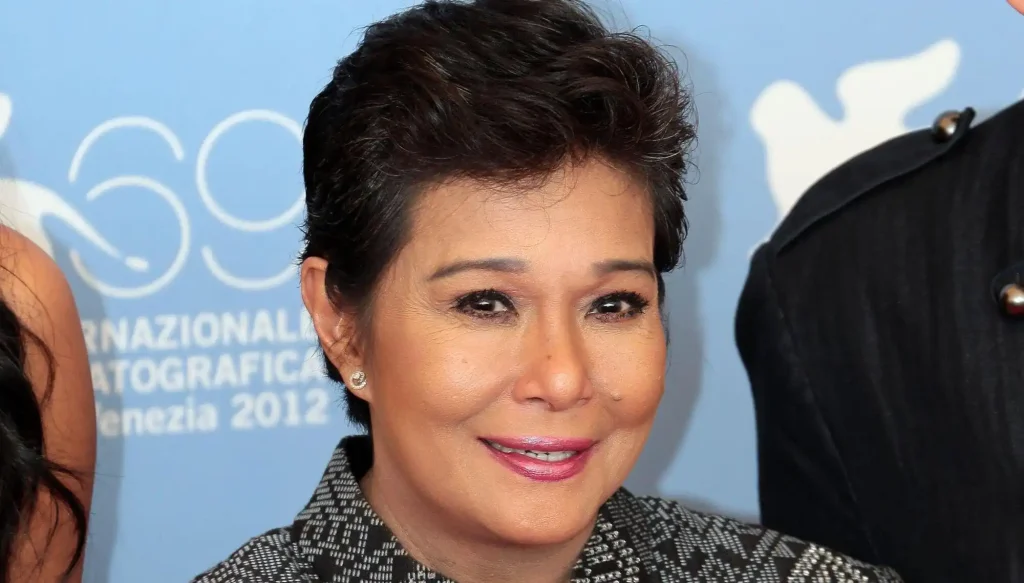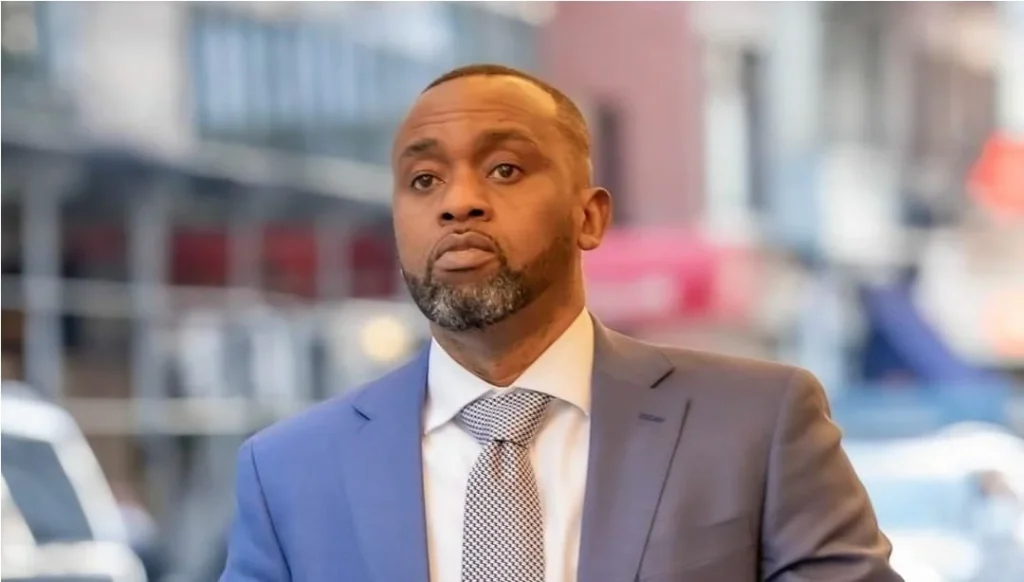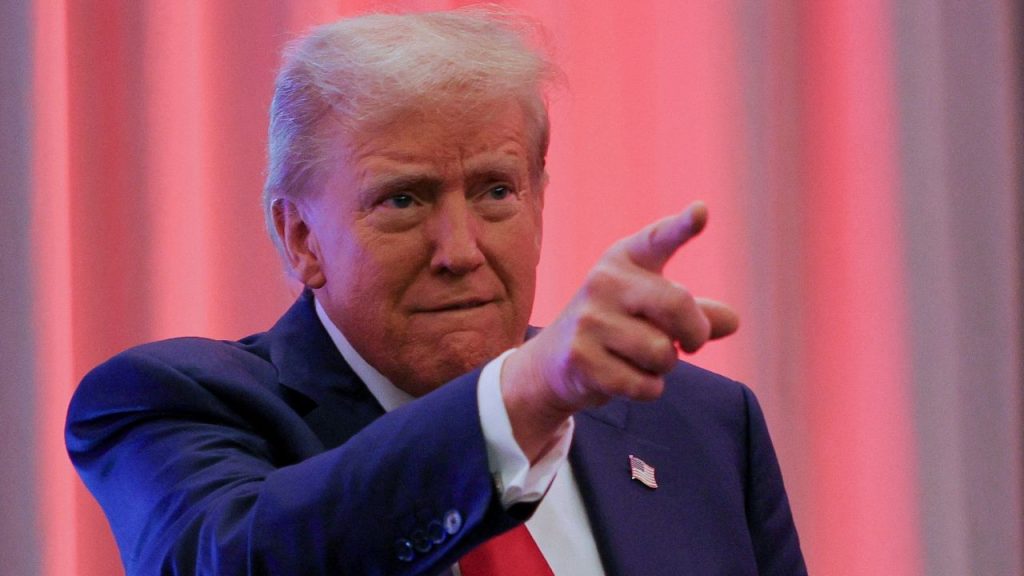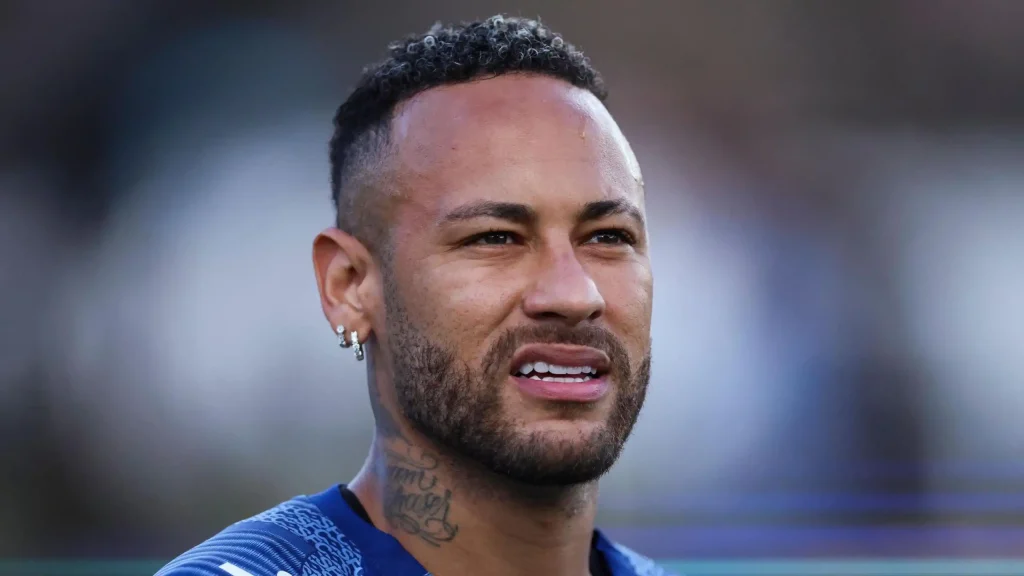The Federal High Court in Abuja has scheduled February 4, 2025, to hear a N500 million lawsuit filed against the Minister of the Federal Capital Territory (FCT), Nyesom Wike. The lawsuit, initiated by human rights lawyer Abba Hikima, challenges the alleged violation of the fundamental rights of vulnerable individuals, including homeless people, scavengers, hawkers, and beggars, within the FCT.
Allegations of Rights Violations
Hikima, representing the interests of the affected individuals, claims the joint task force under the minister’s directive engaged in arbitrary arrests and detentions of vulnerable residents. These actions were allegedly carried out as part of an operation following Wike’s October 2024 directive banning street hawking in the FCT.
The human rights lawyer recounted witnessing a task force operation on November 12, 2024, along Ahmadu Bello Way at approximately 11 p.m. He described the scene as one of “verbal harassment, physical threats, extortion, and detention without charge,” which he argued amounts to “inhumane and degrading treatment” prohibited under Section 34 of the 1999 Constitution (as amended).
Key Legal Demands
Hikima’s lawsuit seeks several declarations and remedies, including:
- A recognition that all Nigerians, regardless of economic status, have the liberty to move freely within the FCT and to sleep on public roads without hindrance, as guaranteed by Sections 35, 41, and 42 of the Constitution.
- An order directing the respondents to issue a public apology to the affected individuals and all Nigerian citizens for the alleged arbitrary and unconstitutional treatment.
- A mandate requiring the respondents to implement policies and reforms to protect the fundamental rights of vulnerable Nigerians.
The lawyer emphasized that homelessness, begging, and petty trading are not crimes under Nigerian law. Instead, he attributed these conditions to government policies that fail to provide vulnerable citizens with adequate security and basic needs.
Testimonies and Evidence
Hikima identified and documented the testimonies of three victims: Abdullatif Shehu, Hajiya Talatu Danladi, and Judith Samuel. According to his affidavit, the individuals arrested under the directive included petty traders such as ice cream vendors and biscuit hawkers, who were conducting lawful roadside businesses. He also noted that some individuals were targeted based on their appearance, which reflected economic hardship.
“I felt devastated as a human rights lawyer,” Hikima said, recounting how he followed the task force motorcade to Eagle Square, where the victims were taken.
Respondents in the Lawsuit
The lawsuit names several respondents, including:
- Nyesom Wike, Minister of the FCT
- The Inspector-General of Police
- The Director-General of the Department of State Services (DSS)
- The Nigeria Security and Civil Defence Corps
- The Attorney-General of the Federation
- The Federal Government of Nigeria
Court Proceedings
During the case’s mention on Tuesday, the applicant’s counsel, Usman Chamo, confirmed that all respondents had been served with court papers. A.P. Korobo-Tamono, representing the DSS, informed the court of a counter-affidavit filed by the agency. However, no legal representatives appeared for Wike, the Inspector-General of Police, or other respondents.
Justice James Omotosho ordered hearing notices to be served on the absent respondents and adjourned the matter to February 4, 2025, for substantive hearing.
Broader Implications
The case raises critical questions about the balance between maintaining order in the FCT and upholding the rights of vulnerable populations. While Wike’s directive aimed to curb rising criminality, Hikima argues that the actions of the task force have led to violations of fundamental human rights.
The outcome of this case could set a significant precedent for how authorities address issues affecting economically disadvantaged citizens, particularly in urban areas like Abuja. As the hearing date approaches, attention will remain focused on the court’s decision and its potential impact on human rights advocacy in Nigeria.













